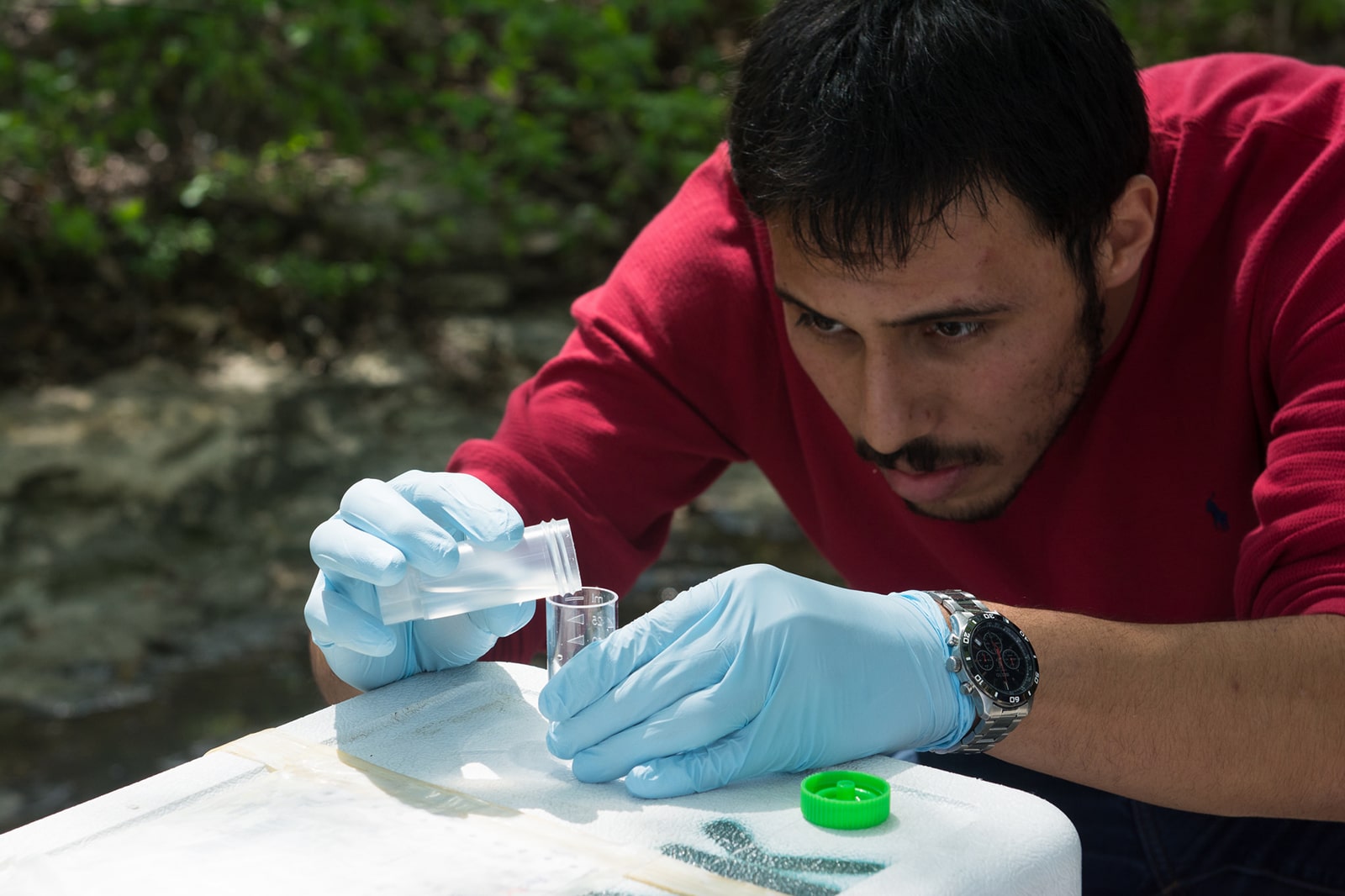Environmental Engineering

Students in environmental engineering learn to apply principles from all areas of engineering and the natural sciences to understand the natural environment and develop systems that protect the environment and public health. Taking courses and working alongside renowned environmental engineering faculty, students study each aspect of the field: air, climate and energy; sustainable water systems; water resources and the environment; and contaminant fate and transport. Graduates seek a wide variety of employment opportunities with private consulting firms, industry and government agencies at the local, state and national levels, or in other professions such as business, medicine, law and journalism.
Programs offered:
What do environmental engineers do?
Environmental engineers protect the health of people and the planet. They create solutions to global issues such as clean air and drinking water, and manage the Earth’s water resources by applying basic scientific principles and systems-level thinking to understand, build and maintain sustainable, natural and engineered environments. Environmental engineers help identify critical environmental issues, solve local and global environmental challenges, develop new technologies or processes to mitigate issues and influence policy to drive resolution.
Environmental Engineering Class Feature: Urban Stormwater
Join CAEE undergrad students Mary and Sophia for class as we take a look at CE 374U: Urban Stormwater, where students are strategizing flood mitigation through design, hydrology and hydraulics on an existing structure.
